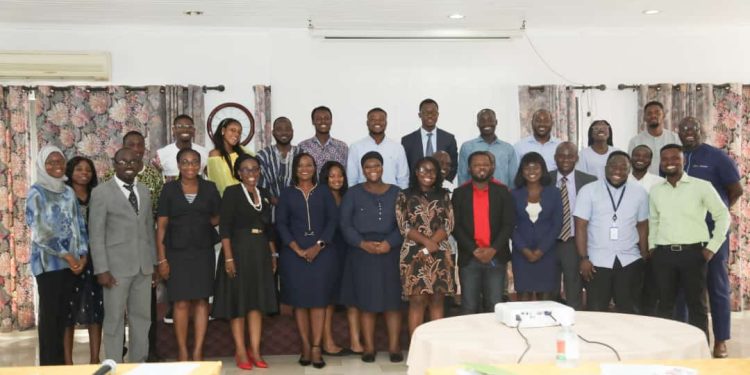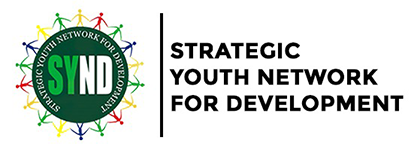
The Strategic Youth Network for Development (SYND) in partnership with Friends of the Earth (FoE-US) and Gower Street engaged Ghanaian financial institutions on protecting biodiversity.
The inception meeting, held at Miklin Hotel in Accra, urged the institutions to adopt and implement principles of the Banks and Biodiversity ‘No Go’ policy.
The ‘No Go’ policy, a Banks and Biodiversity Initiative, aims to hold banks accountable for their impacts on biodiversity and critical ecosystems, and advocates that banks adopt the proposed policy.
The policy explains that financial institutions play a natural role in “screening out” high risk, low-quality investment proposals, therefore, financial flow should be limited in or near sensitive or inherently controversial areas.
A biodiversity team member, Enoch Anyane, stated that “in spite of the significant role banks play in financing these sectors and activities, many financial institutions are yet to develop robust policies or practices to address the biodiversity impacts of their lending. Banks provide the funds, which can enable both good and bad projects. It is high time they take responsibility for any potential, negative impacts to biodiversity and critical ecosystems.”
Also, Mariam Yussif, a team member, said that, “Banks financing policy for projects or programmes may have dire consequences on the sustainability of the ecosystem. Some of these impacts are already being felt as a result of ill-conceived infrastructure development, fossil fuel energy development & utilization, extractive industries activities, and improper land-use changes.”
“This is why civil society groups, academics, and people’s groups all across the world are calling on banks to adopt a No Go policy to categorically, prohibit any direct or indirect financing related to unsustainable, extractive, industrial, environmentally, and/or socially harmful activities,” she added.
The Bank of Ghana, in partnership with the International Finance Corporation (IFC), initiated the creation of a national platform and inaugurated a Sustainable Banking Committee in 2015 to start the development of sustainable banking principles.
In 2017, the Committee produced the first draft of the Sustainable Banking Principles and Sector Guidance Notes.
In November 2019, the Bank of Ghana (BoG) launched the Ghana Sustainable Banking Principles (SBPs) to provide the guiding principles to underpin effective Environmental and Social Risk Management (ESRM) policy frameworks for banks.
Solomon Yamoah applauded the banks for investing in renewable energy.
“It was great also hearing from the banks some of the incredible interventions that they are pursuing, such as the rate at which they are switching to renewables, energy-saving mechanisms and considering climate-smart infrastructure designs.”
SYND applauded the UNESCO Ghana office, Ministry of Environment, Science, Technology and Innovation (MESTI), Cal Bank Plc, Fidelity Bank, ABSA, ARB Apex Bank, ACCESS Bank, GCB Bank Plc, Zenith Bank, NIB and other partners for supporting the campaign to build a sustainable environment.
Author









